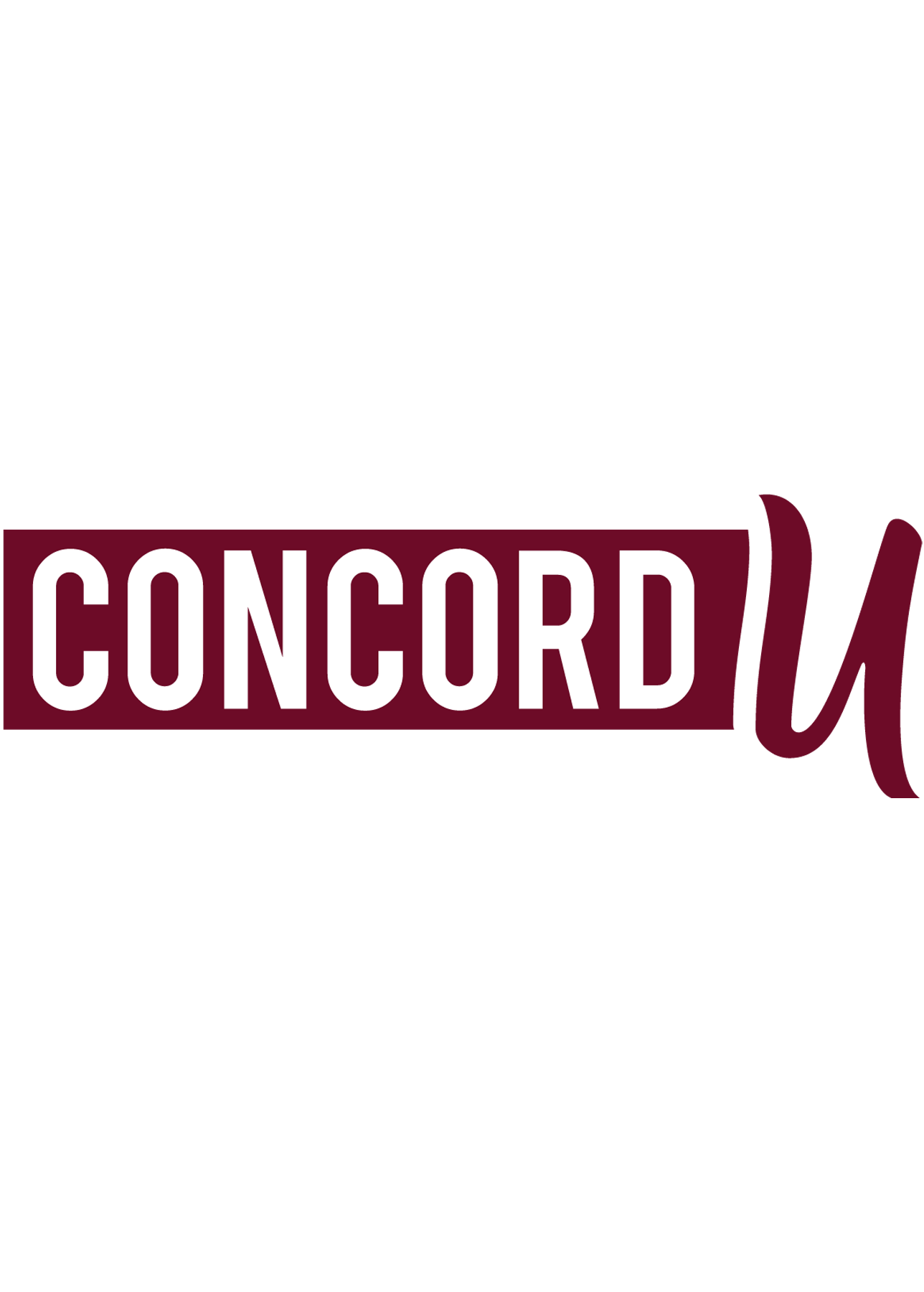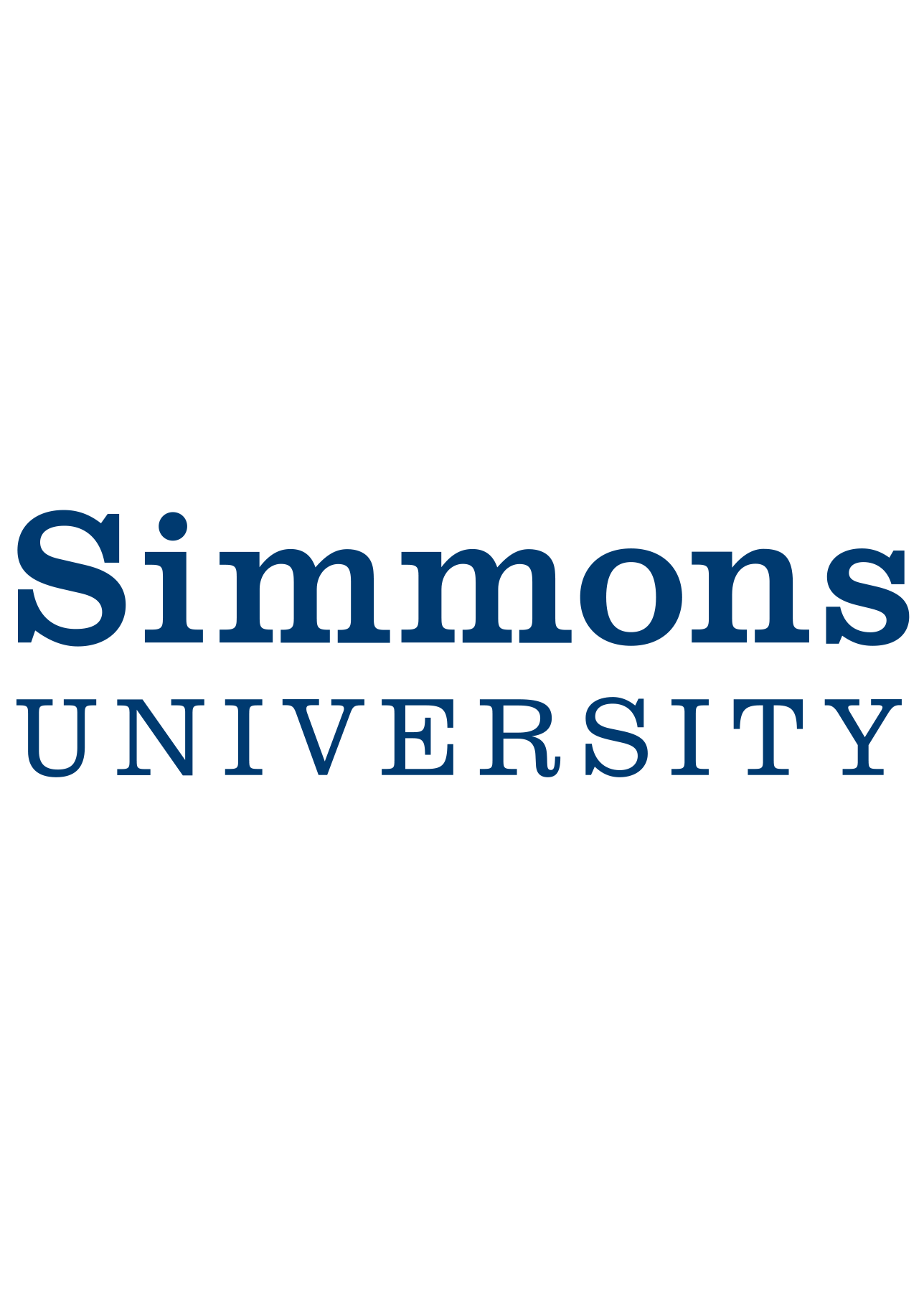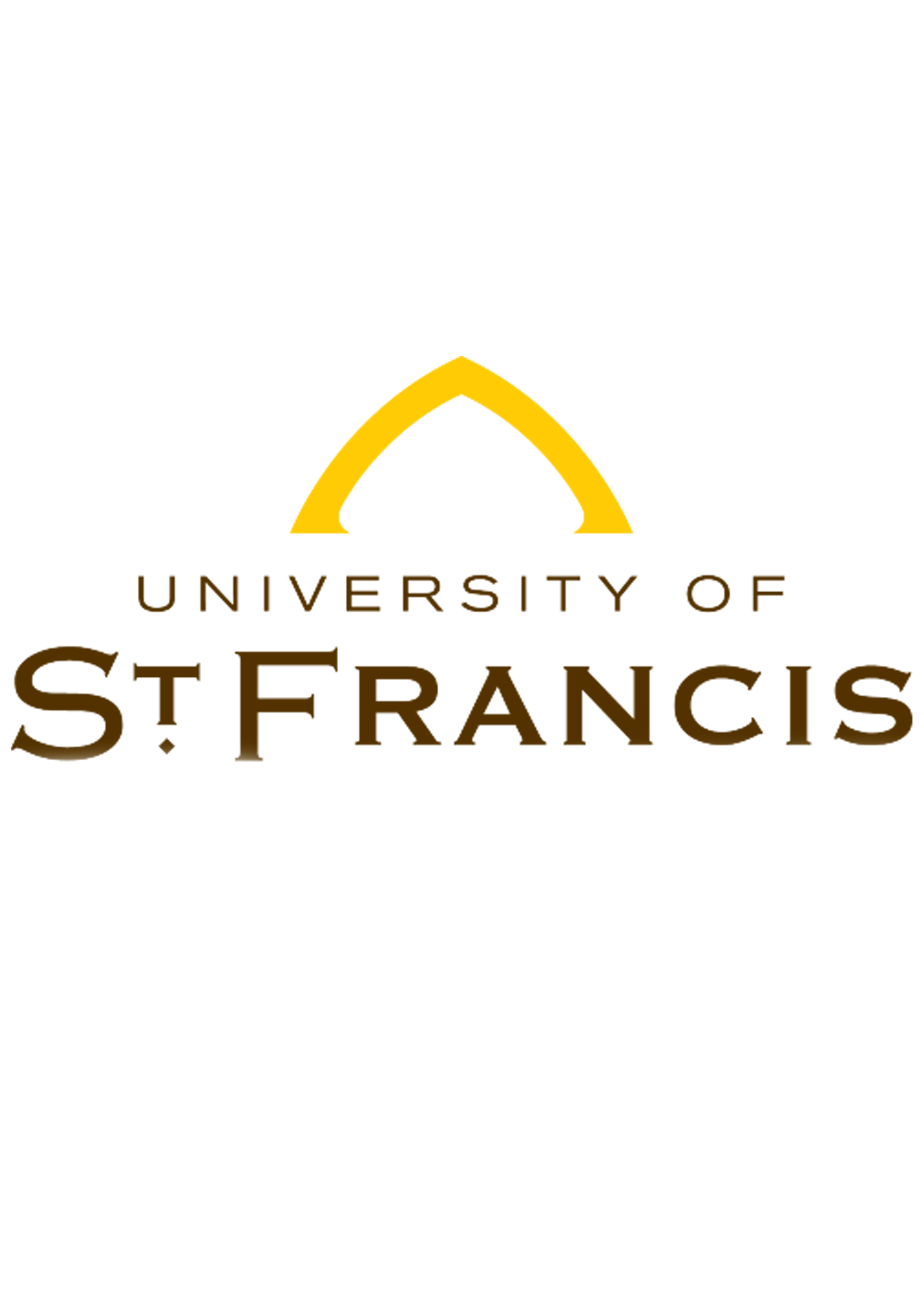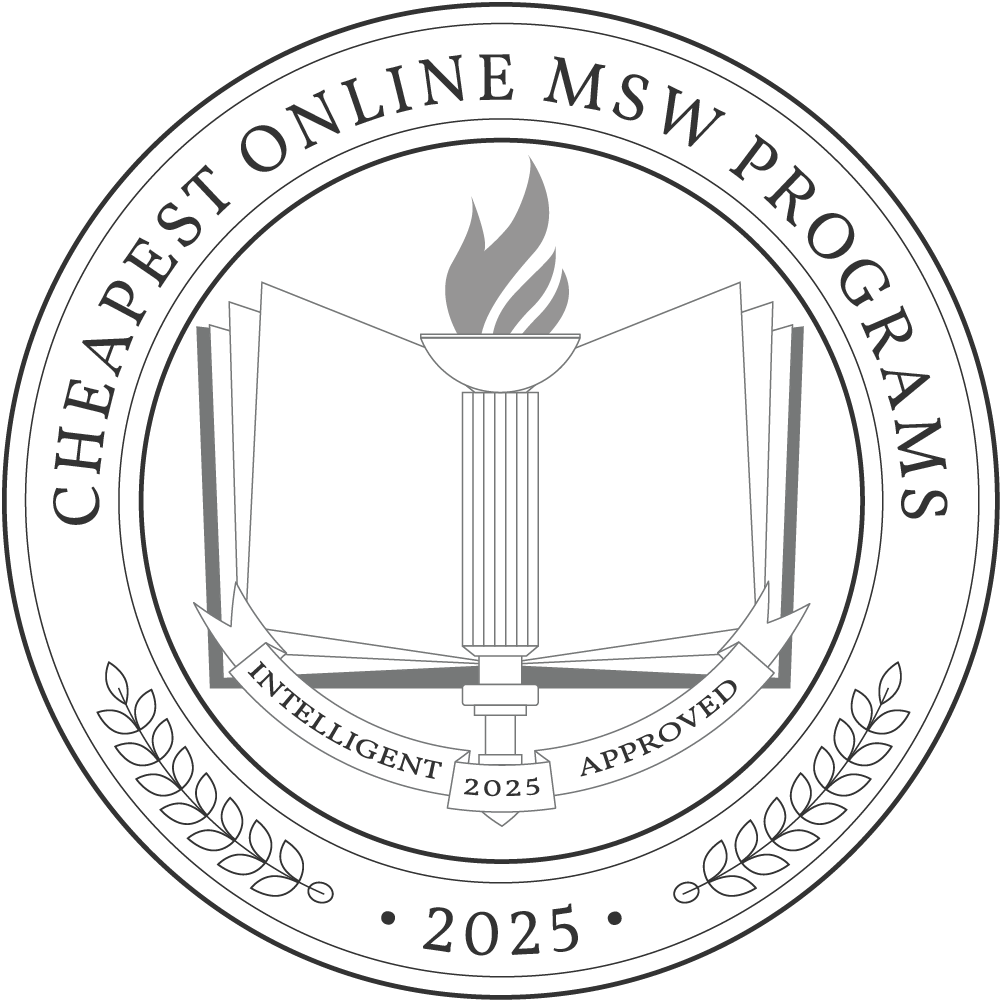Earning an online Master of Social Work (MSW) can be an excellent career move. Although it is possible to enter the field with a bachelor’s degree, the MSW can open the door to increased salary and leadership positions. Some kinds of social workers, such as clinical social workers, need to earn a master’s degree, perform supervised clinical experience, and apply for a license from the state in which they are practicing, according to the U.S. Bureau of Labor Statistics.
Although the median pay for a social worker is $50,390 a year, those on top of their field may earn more than $82,000. Social workers are also very much in demand, with the job outlook expected to increase by 9% — faster than average — over the next decade.
Earning your degree online can be a cost-effective and flexible way to get an MSW. In some cases, the costs are less than they would be if you were taking your courses at a brick-and-mortar college or university. If your undergraduate degree was in social work, you might save significantly in the number of credit hours that are required. You may also save on travel expenses, textbook expenses, and campus-based fees that online students do not need to pay.
How to Find the Most Affordable Online MSW Programs
If you are looking for the cheapest online MSW programs, there are a few factors to consider. Understanding how these factors may impact the costs of your degree may help you choose the most inexpensive option. Let’s take a look at some of the elements that affect the cost of MSW programs.
Cost per credit
The largest cost associated with earning your MSW is likely to be tuition. Most schools charge a fixed amount per credit hour, but this amount can vary greatly from school to school. In general, public, state-supported schools charge less than private schools. At public schools, it’s also possible that you will pay less if you attend a college or university in your home state rather than out of state. Many — but not all — public schools offer a lower rate to in-state students than out-of-state students.
When you are shopping for the most affordable online MSW program, one of the first things to do is to determine how much the institution charges for each credit hour. This information is usually found on the website, but if not, an admissions counselor can outline the tuition costs for you.
Number of credits required
The number of credit hours you’ll need to earn for your degree can also vary from school to school. For many programs, you can expect to earn anywhere from 45 to 60 credit hours to complete your degree. If you have previous classroom or work experience, your institution may credit that in your favor, which means you’ll need fewer class credits.
Students earn credit hours for all courses taken as well as for internships or clinical experiences. An average classroom-based course, for example, may be worth three credit hours. The fewer the number of credit hours required for your program, the less you’ll pay in total for your degree.
Transfer credits
If you’ve taken advanced courses in the past, you may be able to transfer that credit to your current institution, which will also decrease your total tuition cost. When applying to your chosen school, be sure you find out if your past credits are transferable. Each school has its own policies on transfer credit, but it can save you significantly if the college you’ve chosen accepts credits that you’ve earned in the past.
Some programs accept your real-world professional experience in lieu of some credit hours too. If you are already working in the field of social work, ask your admissions counselor if any of that experience can translate into credits earned.
Scholarship opportunities
Every school also has a list of scholarships, grants, loans, and other financial sources that can decrease the cost of your degree. You should fill out the Free Application for Federal Student Aid (FAFSA) when you are in the process of applying. Next, meet with a financial aid counselor at your chosen school. Most schools offer financial assistance for students, whether it consists of grants and scholarships or loans. If you were an exceptional student at the undergraduate level, you may be eligible for merit-based scholarships, as schools will want to encourage you to apply.
Finally, note that there are other financial aid sources outside of the government and your school. Private companies and other organizations offer fellowships and aid to students who fit specific criteria. If you are working, for example, your employer may offer funding assistance. It may take some legwork to track down these external funding sources, but it can save you considerably on your college costs.
Distance learning fees
In addition to tuition costs, most schools charge students, both online and in-person, other fees to cover everything from lab supplies to internet infrastructure. These costs may not be immediately apparent when you go to apply. Check the institution’s website, which may feature a list of fees. Although these are unlikely to be as costly as your tuition, they can add up, especially if there is more than one fee you are required to pay.
Online students will likely have to pay a distance learning fee to cover the cost of the technology used to present classes and cover technology costs. These fees vary greatly from school to school, so be sure to check with each institution you’re considering to see how they add to the cost of your MSW program.
Why Trust Us
The Intelligent.com Higher Education Team is dedicated to providing students with independent, equitable school and program rankings and well-researched resources. Our expert-driven articles cover topics related to online colleges and programs, paying for school, and career outlooks. We use data from the U.S. Department of Education’s College Scorecard, the National Center for Education Statistics, and other reputable educational and professional organizations. Our academic advisory team reviews content and verifies accuracy throughout the year for the most current information. Partnerships do not influence rankings or editorial decisions.
- Analyzed over 2,000 national, accredited, and nonprofit colleges and universities
- 800+ rankings pages are reviewed and updated yearly
- Content is informed by reputable sources, surveys, and interviews with academic advisors and other experts
- Over 100 data points are reviewed for accuracy and quality throughout the year, including sources
How we rank schools
Our list features the cheapest online MSW degree programs at top colleges nationwide. Each school featured is a nonprofit, accredited institution — either public or private — with a high standard of academic quality for post-secondary institutions.
We evaluated each school’s program on tuition costs, admission, retention and graduation rates, faculty, reputation, and the student resources provided for online students. We collected data from trusted sources like the National Center for Education Statistics, individual school and program websites, school admissions counselors, and other data sources. Then, we calculated the Intelligent Score on a scale of 0 to 100 based on the following criterion:
Academic Quality:
- Admission rate versus enrollment rate
- Retention rate of students who return after year one
- Accreditation status (regional and programmatic)
- Nonprofit status, both private and public institutions
Graduation Rate
- Overall graduation rate
- Total number of currently enrolled students, including diversity metrics
- Student-to-faculty ratio
Cost and ROI
- In-state and out-of-state per-credit tuition rates and fees
- Required credits to graduate
- Earning potential after graduation
- Availability of federal student loans, scholarships, and other financial aid options
Student Resources
- Available student services for online-only and hybrid programs
- On-campus amenities like tutoring centers and the number of libraries
Read more about our ranking methodology.
49 Cheapest Online MSW Programs
FiltersInstitution Type
Status
- Intelligent Score
- Alphabetically By University Name
- Acceptance Rate
- Enrollment
- In-state Graduate Tuition
- Out-of-state Graduate Tuition
- In-state Undergraduate Tuition
- Out-of-state Undergraduate Tuition

NM State Global Campus
Intelligent Score: 99.82In-state: $6,041
Out-of-state: $22,507
In-state: $4,981
Out-of-state: $4,981
SAT: 950-1150
ACT: 17-23
$444
Online
Council on Social Work Education
60

University of Central Florida
Intelligent Score: 99.34In-state: $4,478
Out-of-state: $19,810
In-state: $6,916
Out-of-state: $6,916
SAT: 1160-1340
ACT: 25-30
$487
Online
Council on Social Work Education
62

Concord University
Intelligent Score: 99.23In-state: $8,050
Out-of-state: $17,702
In-state: $8,658
Out-of-state: $8,658
SAT: 790-1070
ACT: 17-22
In-State: $543
Out-of-State: $947
Online
Council on Social Work Education
60

Florida State University
Intelligent Score: 99.08In-state: $4,640
Out-of-state: $19,084
In-state: $9,684
Out-of-state: $9,684
SAT: 1220-1350
ACT: 27-31
In-State: $444
Out-of-State: $625
Online
Council on Social Work Education
61

University of South Florida
Intelligent Score: 97.33In-state: $4,559
Out-of-state: $15,473
In-state: $8,350
Out-of-state: $8,350
SAT: 1160-1320
ACT: 25-30
$550
Online
Council on Social Work Education
35-60

The University of Texas Rio Grande Valley
Intelligent Score: 96.25In-state: $11,448
Out-of-state: $40,032
In-state: $12,028
Out-of-state: $12,028
SAT: 1210-1470
ACT: 26-33
Resident: $741
Non-Resident: $1,161
Online, On-Campus
Council on Social Work Education
33-63

Arizona State University
Intelligent Score: 96.09In-state: $10,710
Out-of-state: $28,800
In-state: $11,720
Out-of-state: $11,720
SAT: 1100-1320
ACT: 21-28
$787
Online
Council on Social Work Education
60

Simmons University
Intelligent Score: 94.73In-state: $40,850
Out-of-state: $40,850
In-state: $21,528
Out-of-state: $21,528
SAT: 1060-1250
ACT: 24-29
$1,148
Online
Council on Social Work Education
34-65

Western New Mexico University
Intelligent Score: 94.50In-state: $4,417
Out-of-state: $11,400
In-state: $3,558
Out-of-state: $3,558
SAT: N/A
ACT: N/A
Resident: $383
Non-Resident: $648
Online, On-Campus
Council on Social Work Education
60

The University of Texas at Arlington
Intelligent Score: 93.78In-state: $11,448
Out-of-state: $40,032
In-state: $12,028
Out-of-state: $12,028
SAT: 1210-1470
ACT: 26-33
$622 - $792
Online
Council on Social Work Education
61

Campbellsville University
Intelligent Score: 93.46In-state: $24,900
Out-of-state: $24,900
In-state: $8,473
Out-of-state: $8,473
SAT: N/A
ACT: N/A
$603
Online, On-Campus
Council on Social Work Education
60-69

Louisiana State University
Intelligent Score: 92.17In-state: $8,038
Out-of-state: $8,038
In-state: $9,132
Out-of-state: $9,132
SAT: 1090-1300
ACT: 23-28
$599
Online
Council on Social Work Education
60

University of South Dakota
Intelligent Score: 91.58In-state: $7,697
Out-of-state: $11,172
In-state: $6,062
Out-of-state: $6,062
SAT: 1000-1245
ACT: 20-25
$470
Online, On-Campus
Council on Social Work Education
36-60

Arkansas State University
Intelligent Score: 91.33In-state: $5,232
Out-of-state: $10,800
In-state: $4,986
Out-of-state: $4,986
SAT: 1000-1220
ACT: 20-26
$340
Online
Council on Social Work Education
36

University of Missouri
Intelligent Score: 90.08In-state: $9,330
Out-of-state: $27,612
In-state: $9,478
Out-of-state: $9,478
SAT: 1110-1320
ACT: 23-29
$575
Online
Council on Social Work Education
30-60

University of Houston
Intelligent Score: 89.83In-state: $8,449
Out-of-state: $20,665
In-state: $8,539
Out-of-state: $8,539
SAT: 1120-1310
ACT: 22-28
Resident: $474
Non-Resident: $994
Online, On-Campus, hybrid
Council on Social Work Education
60

University of North Alabama
Intelligent Score: 88.95In-state: $9,600
Out-of-state: $19,200
In-state: $6,660
Out-of-state: $6,660
SAT: N/A
ACT: N/A
$495
Online
Council on Social Work Education
60

University of St. Francis
Intelligent Score: 87.79In-state: $35,000
Out-of-state: $35,000
In-state: $13,464
Out-of-state: $13,464
SAT: 970-1180
ACT: 21-26
$599
Online
Council on Social Work Education
62-65
How to Choose the Online MSW That’s Right for You
Clarify your needs and goals
If you haven’t already done so, reflect on where you are in your career and life and your short- and long-term goals to ensure an online MSW is the right step for you personally and professionally. For students who want to explore other fields similar to social work, some related areas of study include human services, counseling, and public policy.
An MSW is an ideal degree for individuals who want to become clinical social workers or work in advanced social work administration positions. A student’s background will influence the type of MSW program they pursue, with options including traditional MSW programs, accelerated programs, and BSW-to-MSW degree programs. Students should also consider if they want to specialize in a particular type of social work, such as social justice and advocacy, child welfare, school social work, or mental health services.
Online learning can make earning an MSW more accessible, but it’s not for every student. Standard instruction methods for online programs include pre-recorded lectures, videos, reading assignments, and independent work. Students should consider their learning style when determining if an online program meets their needs.
Reflect on your self-discipline, motivation, time management, and organizational skills, as these are crucial to success in an online program. If you’re working, raising kids, caring for family, or fulfilling other responsibilities while earning your MSW, decide whether you can handle a full-time program or if you’ll need to complete courses part-time.
Research schools and programs
As you begin exploring programs, an essential thing to look for is accreditation status at the institutional and programmatic levels. State regulatory boards require students to earn degrees from accredited programs to ensure their education meets industry standards for career preparation. The Council on Social Work Education (CSWE) accredits social work programs, while multiple regional and national accrediting boards award overall accreditation to schools.
Other important considerations when collecting information about schools include:
- Who are the faculty, and what are their social work areas of expertise?
- What type of social work specialization options are available in this program?
- What are the clinical requirements for this program?
- How do online students interact with classmates, faculty, and staff?
- What type of technical, academic, career, and mental health support services are available to online students?
- How affordable is the school compared to your other options?
Students can learn more about online MSW programs by visiting the school’s website, contacting admissions counselors, participating in virtual information sessions and open houses, and following schools and programs on social media.
Review application and eligibility requirements
Finding programs that you’re eligible for is also an important part of the selection process.
All MSW programs set their own admissions procedures and eligibility criteria. This information is usually available on the school’s website. Students can also contact the admissions offices at schools they’re considering to get more information.
Advanced standing MSW programs require a bachelor’s in social work to be eligible, while traditional MSW programs are designed for students without an undergraduate degree in social work. Some programs may also have minimum undergraduate GPA requirements.
To apply, students must generally submit the following:
- Application for admission and fees
- Official transcripts from any colleges previously attended
- Recommendation letters from teachers, employers, or community members
- Personal statement
- Resume
- GRE scores
How to Pay for an Online MSW Degree
Out-of-pocket
Paying out of pocket means using your own money (or that of parents or guardians) to pay for tuition and other expenses. Many students pay at least a portion of their degree costs out-of-pocket, even if they also receive loans, scholarships, and grants. Students using their own money to pay for some or all of their tuition and fees should inquire with their school’s financial aid office about payment plans, which allow students to spread out their payments over the term.
Federal student loans
The U.S. Department of Education operates the federal student loan program, which lends money to students in eligible degree-granting programs. Graduate students are eligible for Direct Unsubsidized Loans, with interest rates and repayment terms set by Congress. Students apply for student loans and other forms of federal student aid by submitting the Free Application for Federal Student Aid (FAFSA) to determine their eligibility for federal student loans. More information about the FAFSA is available in our Ultimate FAFSA Guide.
Private education loans
Because there are limits on how much federal student loan money students can borrow, some may fill the gaps with education loans from private lenders like Sallie Mae, SoFi, and Ascent. The interest rates and repayment terms for private student loans vary based on factors like current market rates and individual credit scores. Students who need to take out private education loans should keep an eye on interest rates throughout the year to lock in the most favorable terms possible.
Scholarships
Scholarships are considered gift aid because, unlike loans, they don’t need to be repaid. Students can receive scholarships based on various factors, including financial need, academic or professional achievements, or being part of a specific demographic. For scholarships based on financial need, students typically have to submit a FAFSA form. Students can receive scholarships from schools, employers, individuals, private companies, nonprofits, community and religious groups, and professional organizations. Although researching and applying for scholarships can be time-consuming, a few scholarships, even in small amounts, can help decrease the amount students must pay out of pocket or with loans.
Grants
Like scholarships, grants are gift aid that doesn’t have to be repaid. Schools typically award grants based on financial need to help fill gaps not covered by scholarships or loans. To determine what types of grants you may be eligible for, speak to your school’s financial aid office.
Work-study
The federal work-study program provides opportunities for students to work part-time on campus or in off-campus community service positions, allowing them to earn income while gaining valuable work experience. Students earn at least the federal minimum wage, although many jobs may pay higher rates. To apply, indicate an interest in work-study opportunities when submitting your FAFSA. Students awarded work-study funding as part of their financial aid package are responsible for finding their own work-study job on campus.
Employer tuition assistance
If you plan on working while earning your online MSW degree, inquire with your employer to find out if they offer tuition assistance benefits, such as reimbursement for successfully completed courses. This type of financial assistance can help students lower or completely cover their educational costs.
Scholarship Database
Intelligent Scholarship Finder Tool
"A Helping Hand" Scholarship
Award Amount: $500
Due Date: January 31, 2025
"Follow Your Own Path" Essay Scholarship
Award Amount: $500
Due Date: January 31, 2025
"Tuition Solution" Scholarship for STEM Students
Award Amount: $500
Due Date: January 31, 2025
$25k "Be Bold" No-Essay Scholarship
Award Amount: $25,000
Due Date: Closed for 2024
(ISC) Graduate Cybersecurity Scholarship
Award Amount: $5,000
Due Date: Closed for 2024
(ISC) Women in Information Security Scholarship
Award Amount: $5,000
Due Date: Closed for 2024
A.C. "Kate" & Leo Joseph Merlone St. Dominic Catholic Church of Saginaw Member Scholarship
Award Amount: Varies
Due Date: Closed for 2024
A.C. "Kate" & Leo Joseph Merlone Teaching Scholarship
Award Amount: Varies
Due Date: Closed for 2024
a/e ProNet David W. Lakamp Scholarship
Award Amount: $5,000
Due Date: Closed for 2024
AAAE Native American Scholarship
Award Amount: $1,500
Due Date: March 15, 2025
What Can You Do With an Online MSW Degree?
One of the key reasons students pursue an MSW is the job opportunities it unlocks. Individuals with an MSW degree can become licensed clinical social workers (LCSW) who provide direct care and interventions to individuals, couples, families, and groups in clinical settings. LCSWs can also operate their own private practices.
For students who prefer to work in non-clinical roles, an MSW can also help develop leadership and administrative skills for advanced management, advocacy, or research positions. MSW graduates who pursue a non-clinical path may work in nonprofit management, community outreach, service navigation, program development and evaluation, project management, and more.
Most social work jobs are defined by their context or environment, including medical and psychiatric hospitals, schools, social services agencies, or addiction treatment facilities. Several specializations within social work, such as child welfare, mental health and addiction, and medical, can influence a social worker’s specific responsibilities.
Career outlook
- Social workers — Diagnose and treat mental, behavioral, and emotional problems and help individuals, groups, and families prevent and cope with problems in their everyday lives.
- Median annual salary: $58,380
- Projected employment growth (through 2032): 7%
- New jobs projected: 63,800 per year
- Substance abuse, mental health, and behavioral disorder counselors — Advise people on a range of issues, such as those relating to alcoholism, addictions, or depression, and provide support, including for prevention, to help clients recover from addiction, modify problem behaviors, or improve mental health.
- Median annual salary: $53,710
- Projected employment growth (through 2032): 18%
- New jobs projected: 42,000 per year
- Social and community service managers — Coordinate and supervise programs and organizations that support public well-being and direct workers who provide these services to the public.
- Median annual salary: $77,030
- Project employment growth (through 2032): 9%
- New jobs projected: 16,000 per year



